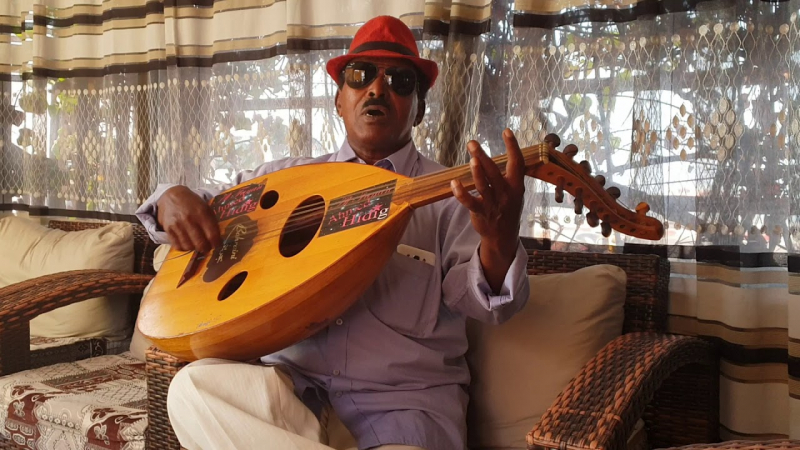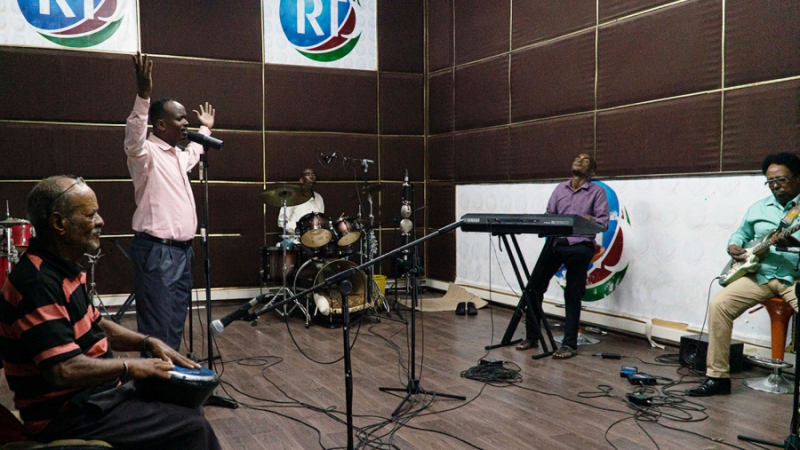Music
Music also plays an important part in Djiboutian life and the two main ethnic groups both have their own traditions. Afar music is similar to the folk songs of the countries in the Horn of Africa like Ethiopia, but has distinct Arabic influences. The country’s musical tradition goes back to the nomadic days of the Afar people, when they traded goods with China, Egypt and India. Oral literature is also musical, and you may hear songs of war, praise, boasting, and for weddings. Somali folklore has a strong influence and their songs are mainly pentatonic (five pitches per octave), unlike major heptatonic or seven note scales. Djiboutians use different instruments like oud, bowl lyre and tanbura.
Most Somali songs are pentatonic; that is, they only use five pitches per octave in contrast to a heptatonic (seven note) scale such as the major scale. At first listen, Somali music might be mistaken for the sounds of nearby regions such as Ethiopia, Sudan or the Arabian Peninsula, but it is ultimately recognizable by its own unique tunes and styles. Somali songs are usually the product of collaboration between lyricists (midho), songwriters (laxan) and singers (codka or "voice"). Balwo is Somali musical style centered on love themes that is popular in Djibouti.









